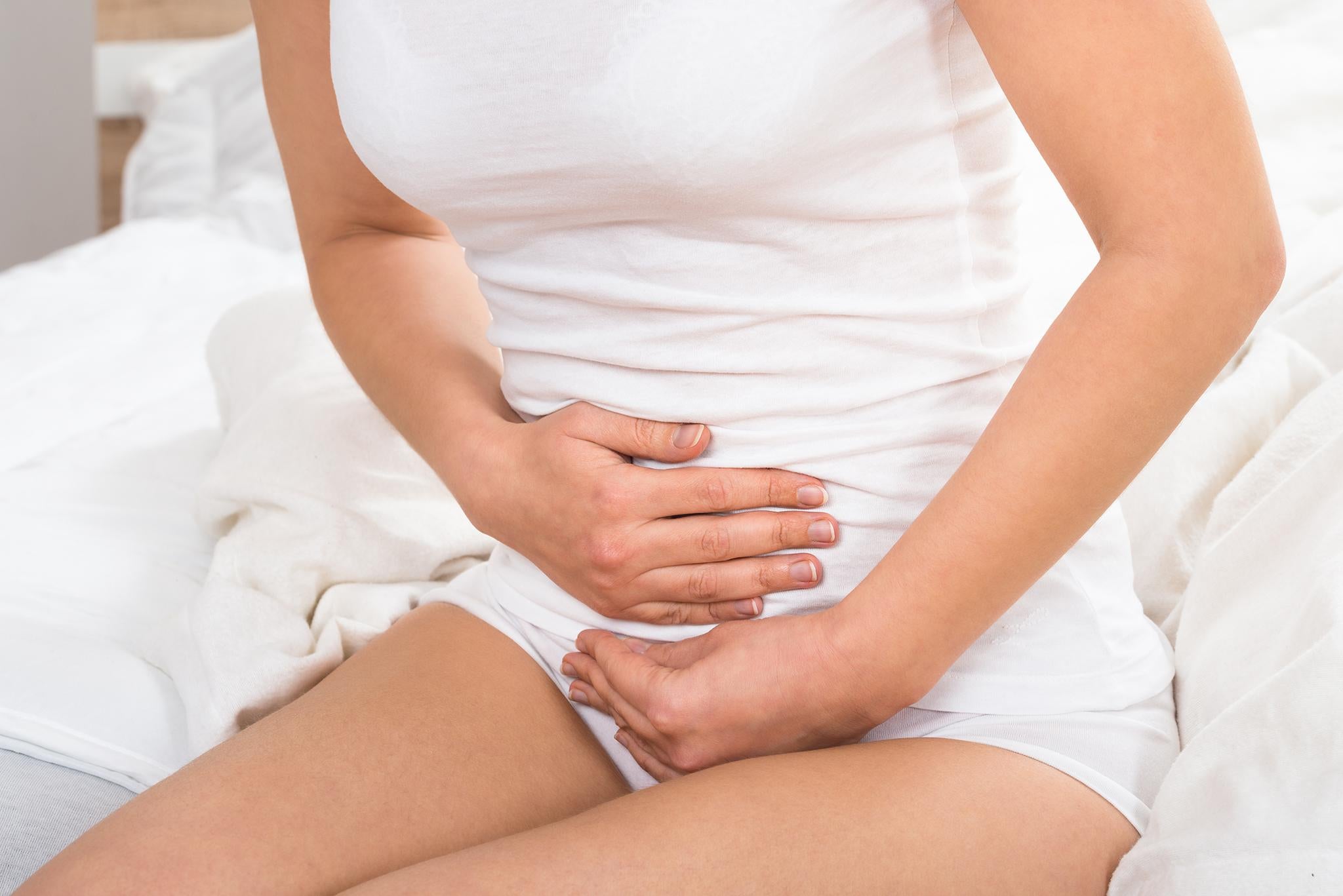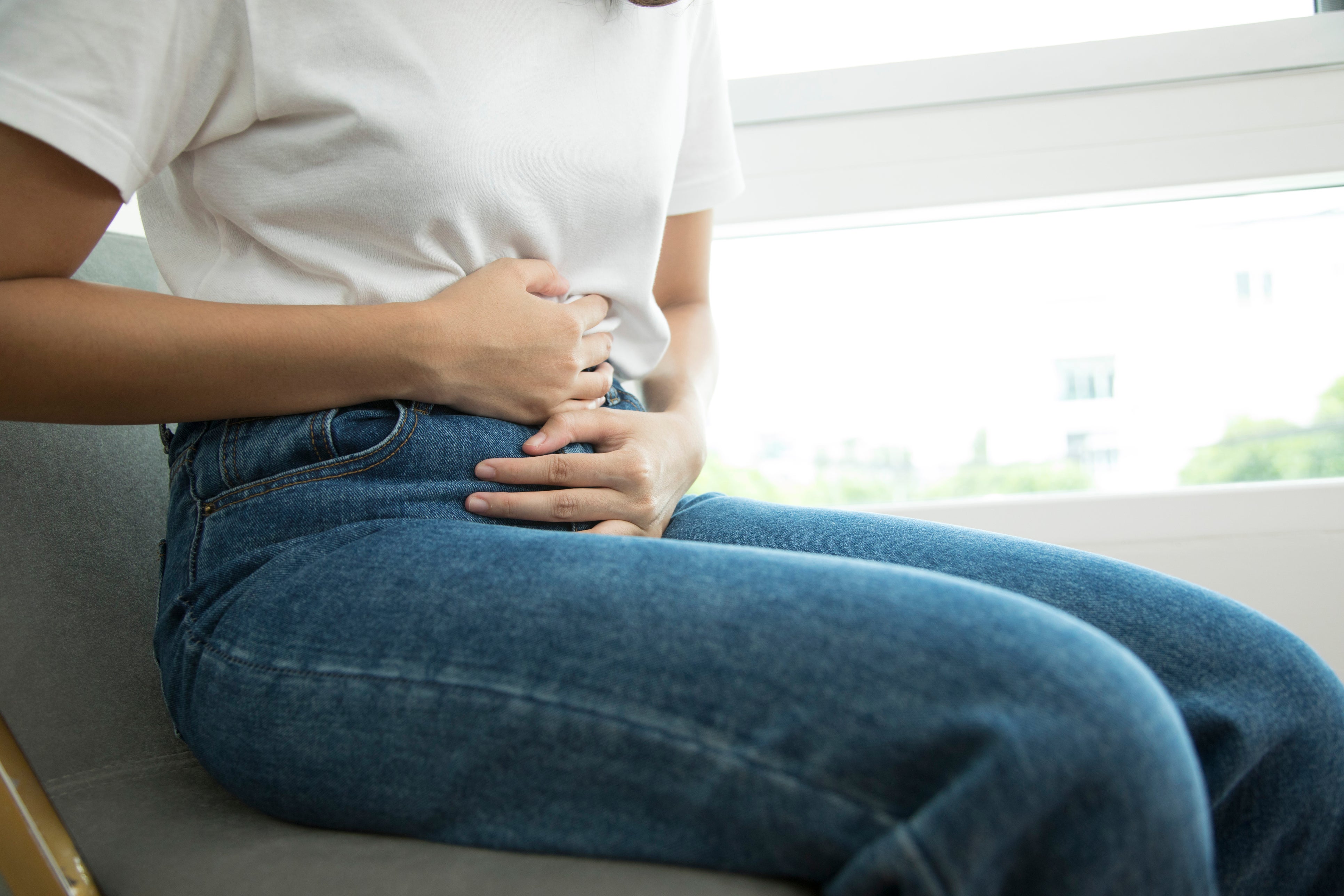Day-to-day suicide risk linked to menstrual cycle
The study found patients were more likely to have suicidal thoughts in days before and first days of their period

Your support helps us to tell the story
From reproductive rights to climate change to Big Tech, The Independent is on the ground when the story is developing. Whether it's investigating the financials of Elon Musk's pro-Trump PAC or producing our latest documentary, 'The A Word', which shines a light on the American women fighting for reproductive rights, we know how important it is to parse out the facts from the messaging.
At such a critical moment in US history, we need reporters on the ground. Your donation allows us to keep sending journalists to speak to both sides of the story.
The Independent is trusted by Americans across the entire political spectrum. And unlike many other quality news outlets, we choose not to lock Americans out of our reporting and analysis with paywalls. We believe quality journalism should be available to everyone, paid for by those who can afford it.
Your support makes all the difference.The risk of suicide increases in the days surrounding menstruation, new research has found.
The study, which is the first of its kind, revealed that patients with a history of suicidal thoughts have an increased risk of suicidal planning on certain days throughout their cycle.
Researchers at the University of Illinois Chicago (UIC) followed 119 patients who completed a daily survey to track suicidal thoughts and other mental health symptoms over at least one menstrual cycle.
“As clinicians, we feel responsible for keeping our patients safe from a suicide attempt, but we often don’t have much information about when we need to be most concerned about their safety,” said Tory Eisenlohr-Moul, the senior author of the paper in the American Journal of Psychiatry.
The associate professor of psychiatry at UIC added: “This study establishes that the menstrual cycle can affect many people who have suicidal thoughts, which makes it one of the only predictable recurring risk factors that has been identified for detecting when a suicide attempt might occur.”
Most patients in the study reported significant elevation of psychiatric symptoms such as depression, anxiety and hopelessness in the premenstrual and early menstrual phases.
Others reported emotional changes at different times of their cycle and individuals also varied in the specific psychiatric symptoms that appeared alongside suicidal thoughts.

The findings also offered new guidance for clinicians about when to focus interventions with suicidal patients.
One idea is for patients to keep track of their mental health symptoms over the course of their cycle — as subjects did in the current study — to enable their clinicians to make personalized recommendations about their care.
“We’re excited to use the best methods out there to try to create individual prediction models for each person, so that we’re not putting people into a box,” Eisenlohr-Moul said. “We want to really figure out: does the cycle matter for this person, and then exactly how does it matter and how we can best intervene based on that information.”
UK-based clinical psychologist Dr Charlotte Russell told The Independent that the research shines a light on a “vastly under-researched area”.
“I would welcome any study that provides evidence on how the menstrual cycle can impact on us psychologically,” she said.

“This is a vastly under-researched area and even within my own professional training, there was very little emphasis on the impact of menstruation on our psychological well-being.
“This is interesting given that in practice many clients report significant mood changes linked to their menstrual cycle.”
She added that the research tells clinicians that the menstrual cycle should be considered with other known risk factors when assessing suicidality.
The study marks a departure from previous research which did not track daily mood and instead estimated the timed correlation between a menstrual cycle and a suicide attempt.
The daily data also allowed UIC researchers to delve into differences between individuals and how their personal cycle affects symptoms.
“Previously, there haven’t been good predictors for why or when Person A is likely to make a suicide attempt versus when Person B is going to make an attempt,” MD/PhD student Jordan Barone said.
“Not everyone is hormone sensitive to the cycle in the same way, and we were able to statistically show the value of including individual differences in our models.”
Dr Eisenlohr-Moul added: “People differed in which emotional symptoms were most correlated with suicidality for them. Just because the cycle makes somebody irritable or have mood swings or feel anxious, it doesn’t necessarily mean that that’s going to have the same effect on creating suicidality for each person.”
Join our commenting forum
Join thought-provoking conversations, follow other Independent readers and see their replies
Comments